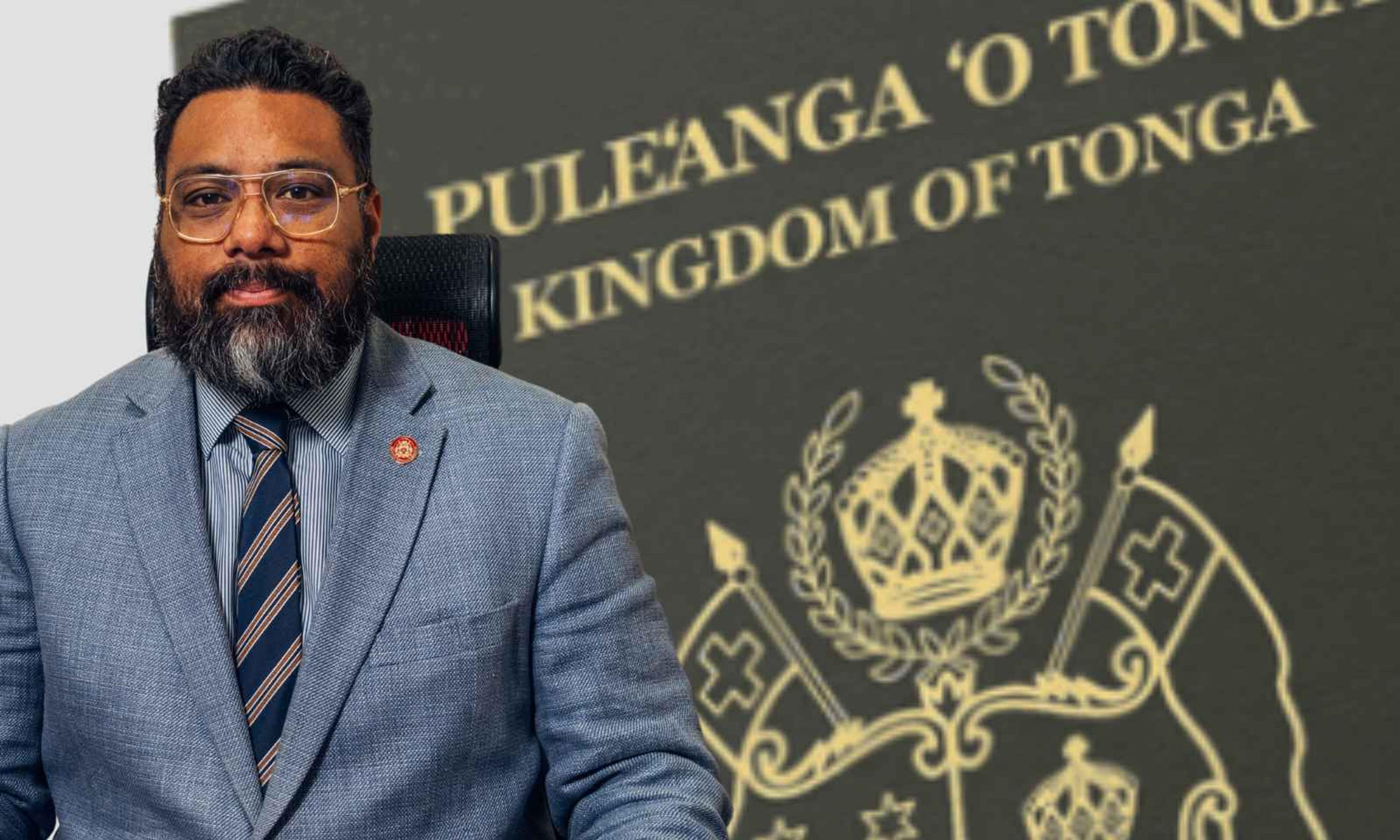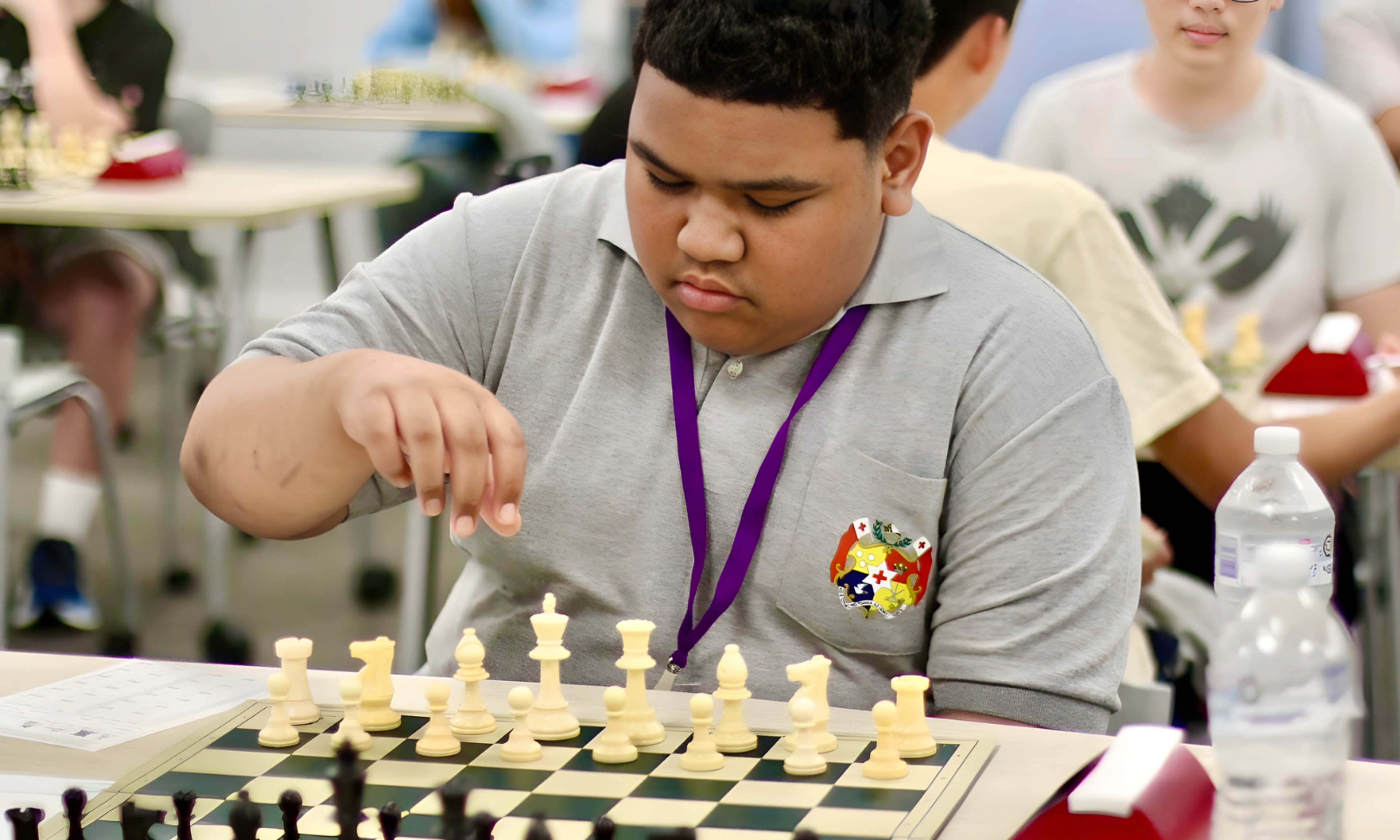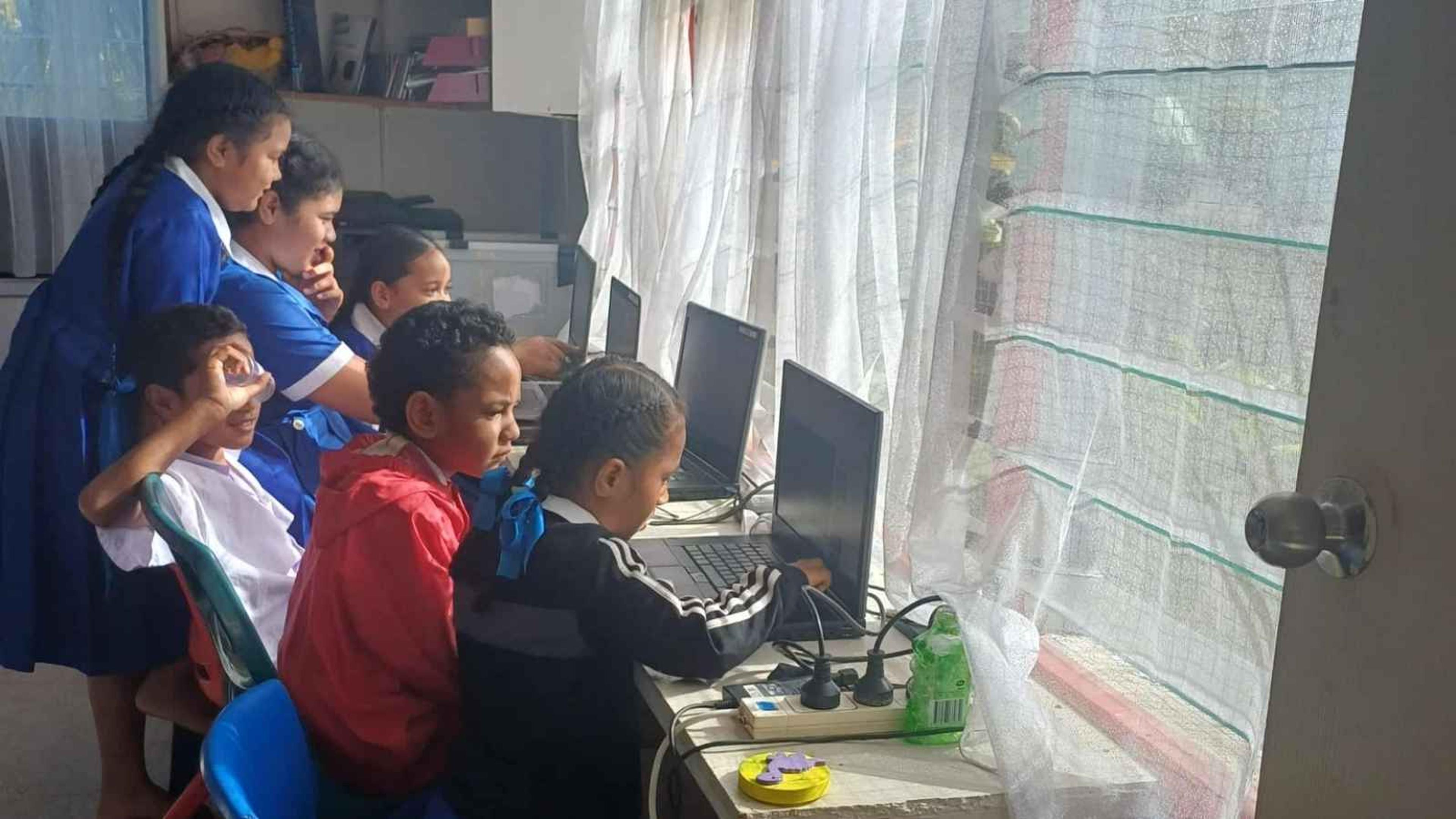

The Ōtara Papatoetoe Local board are pleased with the decision to defer fortnightly rubbish collections. Photo / Auckland Council
Fortnightly rubbish collections deferred to 2026, local board approves
Auckland Council’s controversial shift to fortnightly rubbish pickup will be delayed until February 2026.


‘I knew something was wrong’: Pacific children miss out on early hearing support

Tonga makes historic breakthrough at Oceania Youth Chess Championship

‘A Library for the Heart of Tonga’: Building a hub for Nuku’alofa

Fresh warning as Tonga PM defends citizenship investment scheme

‘I knew something was wrong’: Pacific children miss out on early hearing support

Tonga makes historic breakthrough at Oceania Youth Chess Championship

‘A Library for the Heart of Tonga’: Building a hub for Nuku’alofa
A group of South Auckland local body politicians are pleased their concerns about a fortnightly waste collection have been heeded, after they raised how this would impact larger Pacific and Māori families.
Manukau Ward councillor Lotu Fuli addressed the Ōtara-Papatoetoe Local Board this week, informing them that a trial of fortnightly rubbish collections has now been postponed till 2026, after initially being planned for 2025.
“The earliest that any trial will happen will be February 2026. The trial will go for about six months or seven months. It will involve around 3,000 to 4,000 families from across the whole of Tamaki Makaurau,” says Fuli.
Ōtara-Papatoetoe Local Board chair Apulu Reece Autagavaia says more lead-in time is needed for their communities.
“We're often being told to do all these different things all at once, and for most of the waste that goes to the dump is commercial waste, and so we're taking on the brunt of all the change all at once, but a lot of that is what's come to bloom before commercial, I know it's a lot harder, but it seems like the low-hanging fruit for council officers has a big impact on our communities, and it's more than all at once.”
Apulu Reece Autagavaia says he’s glad the council is delaying the changes to trial fortnightly rubbish collections in Tāmaki Makaurau to allow for more planning, feedback, and education for fear of the consequences without it.

The Ōtara Papatoetoe Local board met for it's monthly meeting where Councillor Lotu Fuli gave an update about the fortnightly rubbish collections. Photo / PMN News Mary Afemata
“When we don't have enough people doing it, we're going to see more rubbish in our streams and being dumped in our parks, so that can be passed on to the staff, once again, from our area, from our community.
“We've seen the feedback from a lot of backlash from the removal of rubbish bins in our parks and public areas, and I fear that if we have gone through with this straight away, that we will see something similar from our community across the board.”
Fuli clarifies that staff will decide the areas for the trial, but that decision hasn't been made yet. Consultation on the trial won't happen until the end of 2025.
“I do want to allay any fears from our community out there because they have been receiving some hate mail from across our local board area and our ward about that,” she says.
Local board member Dr Ashraf Choudhary commented that often councillors don't recognize South Auckland’s uniqueness.
“They don’t really think about South Auckland, how different we are, and how our two or three generations lived together and particularly in relation to the rubbish,” says Choudhary.
“I would agree that we should have this trial done in South Auckland, in the Manukau area.”

Councillor Lotu Fuli says that consultation on the trial won't happen until the end of 2025.
He emphasises the importance of having a voice for the community, noting that while family sizes are decreasing in other parts of Auckland, they remain larger in South Auckland.
The food bins are another example of the council’s efforts to achieve zero waste. And Fuli pointed out that staff have indicated that evidence shows that 40 per cent of waste is food waste.
“So the point of the food bins, once it's working properly, is that that will reduce the waste that goes to that bin by 40 per cent," says Fuli.
“So naturally the waste that you put into a big bin, or a small bin, should reduce by 40 per cent once you're using it that well. But I know for my own family, we're not using the food bin very well at all right now.”
Fuli adds she is hopeful that education and getting used to behavioural changes will see a shift by 2026.
